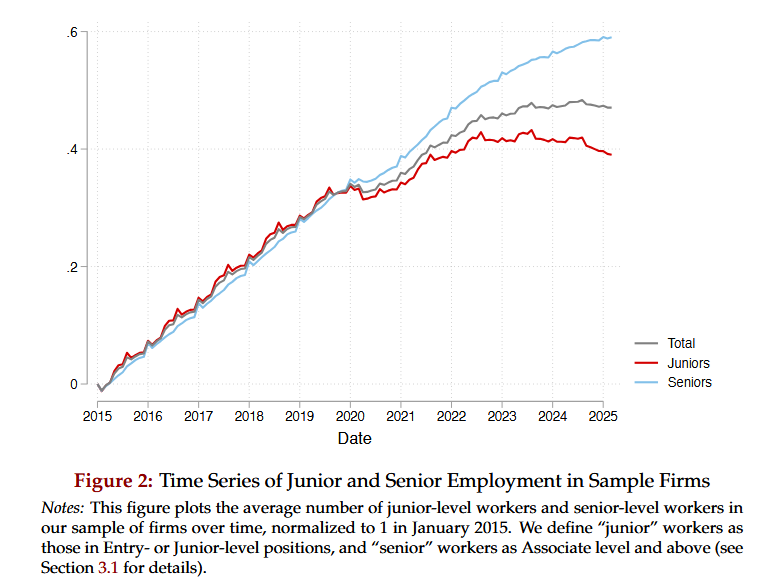There’s a scene in the movie Demolition Man where the lead character is being rewarded for his heroic life saving feats with … dinner at Taco Bell. Which he kind of questions – it’s food, but it’s not exactly the first place you think of for the “just saved the leader of our society” dinner. Except all restaurants are Taco Bell. I guess the name applies to anything from a quick takeaway meal to an exquisite fine dining establishment. Similarly, I posit that eventually, “all developers are lead developers”.
I’ve been thinking about how prolific use of AI in development is going to change the job. It’s not like the system replaces the developer – you still need someone to guide development. To ensure it meets the business needs. To make sure the AI’s code isn’t terrible (OK, not terrible but I’ve seen some out there solutions generated). To integrate, test, and generally serve as the lead developer.
I see people going from being a dev to a lead dev whose “team” is the AI. This change might be great for someone with some experience who is ready to be a lead dev. It gives you the opportunity to manage a team without having to talk someone into the management title change. Without additional headcount.
But it certainly seems like it changes what “entry level” looks like coming into the field. I’m sure Uni will change to teach more of this … But, as it stands today, people coming out with CS or programming degrees are woefully unprepared for the way development jobs are working.
And I think more project management experience will be needed – how to efficiently guide your “AI team” to a reasonable solution. Playing around a bit, but a poorly thought out session incurred almost a hundred dollars in usage. Do some planning, craft well thought out prompts, and we got down to about five bucks. I don’t see much focus on AI efficiency … right now! It’s all new and the costs are obfuscated. But I see this becoming a major performance metric in the future.




